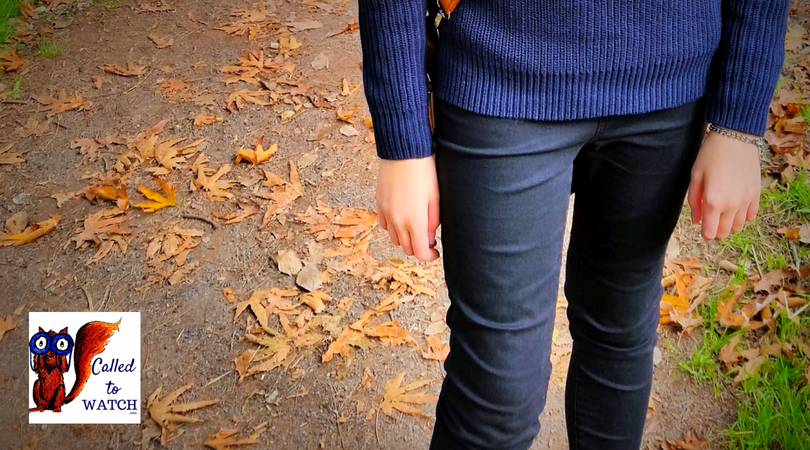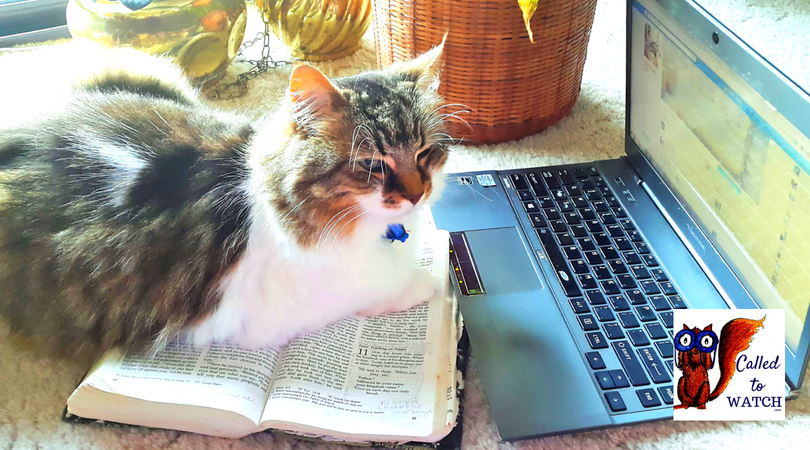This week I was sick. Not chronically sick. Not even break-your-leg sick or appendicitis-need-operation sick. Merely stomach bug sick.
Uncomfortable, rather depressing, but half a week later and I was over it and back at work.
But something had changed.
While I was unwell I learned three very important truths about chronic illness – and I don’t want to ever forget them.
3 things I learnt about being chronically ill
1. Chronic illness means you are ill.
Don’t get me wrong, I never thought it was a walk in the park.
All my life my mum has battled various autoimmune diseases, and in the past few years I’ve watched my younger sister go through many similar struggles. I know personally how chronic illness can drain families, disrupt lives and sabotage futures.
But there’s nothing like being sick yourself to remember that the act of being sick in itself is awful.
It’s not just about the consequences or the collateral damage.
The minute-by-minute pains and nausea, the feelings of exhaustion, the frustration and the helplessness – it’s a horrible thing to experience.
I never want to forget that chronic illness means you are sick, and being sick is awful.
Continue reading “3 things a stomach bug taught me about chronic illness”










